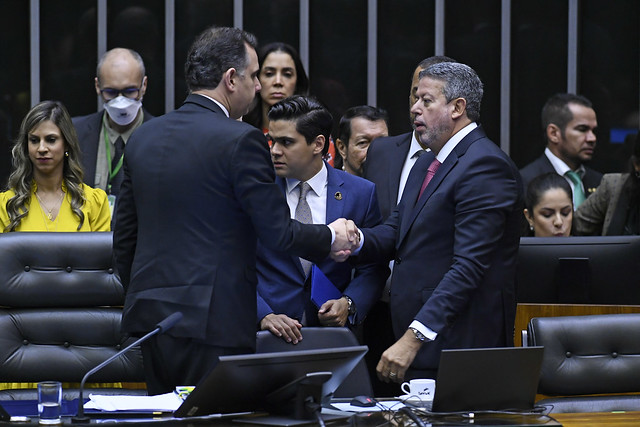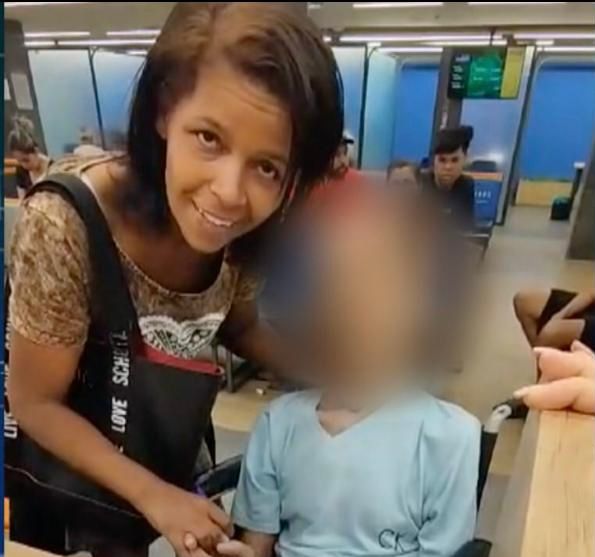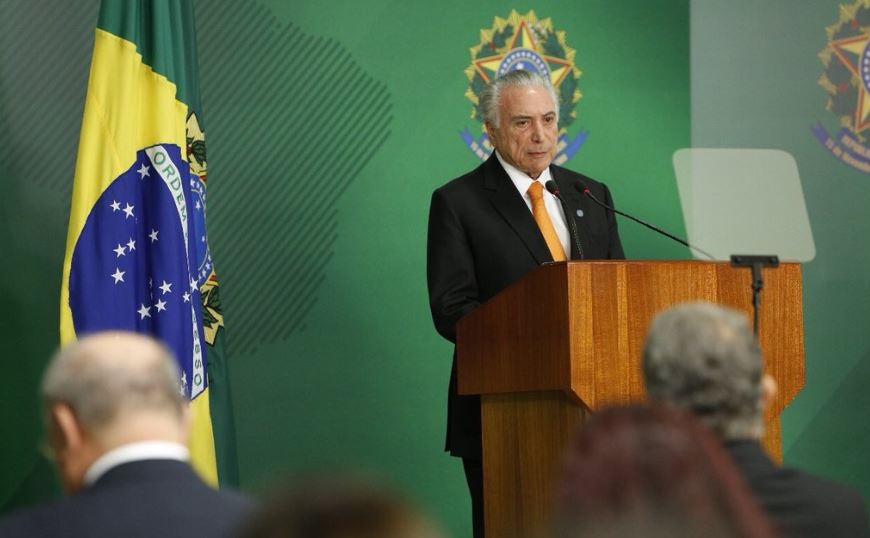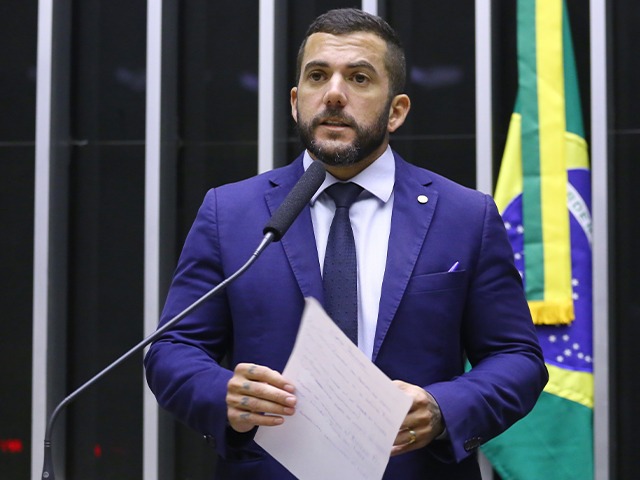São Paulo, Brazil – With the support of President Luiz Inácio Lula da Silva, Arthur Lira, president of the Chamber of Deputies and Senate President Rodrigo Pacheco, were both re-elected for another two-year term. Voting took place on Wednesday as legislators that were elected in 2022 officially took office.
In the Chamber, Lira did not have any strong opponent and was easily reelected. Out of 513 deputies, he received 464 votes. It was the largest vote recorded in Brazil’s history for the presidency of the Chamber.
A loyal ally of former President Jair Bolsonaro, Lira became one of the most powerful men in Brazil as he presided over the Chamber the past two years. Under Bolsonaro’s administration, Lira’s Chamber regained more influence, especially on the budget.
Lira also publicly supported Bolsonaro’s candidacy in 2022, but it didn’t take long for him to meet and to initiate a good relationship with President Lula after his election. Initially, Lula was looking for a candidate from his leftist party, the Workers’ Party, to face Lira, who is from a center-right party, the Progressives.
But the president realized that Lira was too powerful and had the support of a large majority in the Chamber. It was not worth fighting the deputy at the beginning of Lula’s term. In the end, Lula’s party publicly supported Lira’s re-election, which made the deputy’s path to victory that much easier.
After being re-elected, Lira said that, in Brazil, there is no more space for those who attack its institutions. According to him, the Chamber will not support any act, speech or demonstration against democracy. Lira also said that everyone involved in coup acts will be punished “to the fullest extent of the law.”
“We will remain devoted to democracy and I will be a firm voice in favor of the prerogatives and freedom of expression of each deputy. Brazil is a mature democracy, prepared and made by a vast majority of people who fight and defend freedom,” said Lira.
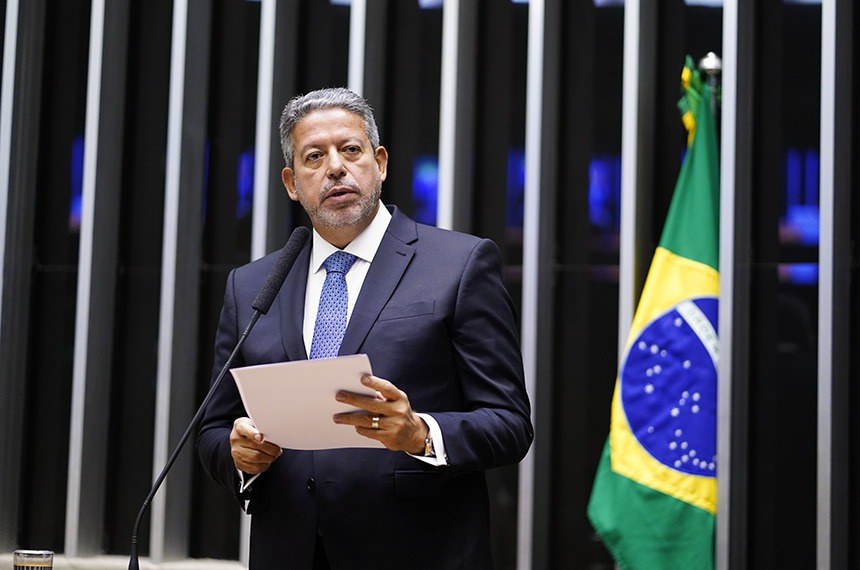
A tough race in the Senate
The scenario in the Senate played out much differently. Pacheco was first elected Senate president in 2021 with Bolsonaro’s support, but distanced himself from his government, especially during the pandemic. For this reason, in the Senate, Lula’s party did not even consider launching its own candidate and supported Pacheco’s reelection from the beginning.
Pacheco was also a vocal critic of the January 8 attack on the government headquarters in Brasília by Bolsonaro supporters and has reaffirmed his defense of Brazil’s democracy and electoral system — actions which also brought him closer to Lula.
As the highest house, the Senate has important powers, such as opening impeachment proceedings against Supreme Court judges. Bolsonaro himself filed an impeachment request against Judge Alexandre de Moraes, responsible for investigations into fake news and hate speech. But the request was not even put to a vote by Pacheco in the Senate.
The idea of limiting the power of the Supreme Court was one of the reasons that led Bolsonaro’s allies to promote Senate presidential candidates to combat Pacheco run for the leadership of the body. They chose Senator Rogério Marinho, who was a minister in Bolsonaro’s government. Marinho’s campaign lagged at first, but grew stronger in the final stretch.
Hours before the vote on February 1st, it was too close to call. Both sides pledged to have the necessary votes. As there are 81 senators, 41 votes are enough to be elected. While in the Chamber voting is electronic due to the large number of deputies, in the Senate, voting is on paper.
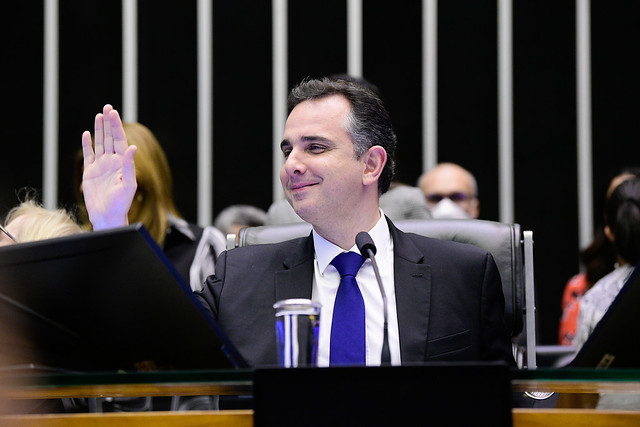
Vote by vote was read on the Senate floor and the tension was visible until Pacheco achieved the 41 votes needed to secure his re-election. The final score was 49 for Pacheco and 32 for Marinho, a more comfortable result than imagined. About two minutes after being re-elected, Pacheco spoke with Lula on the phone and reaffirmed their relationship.
In his speech, Pacheco said the “toxic polarization” in Brazil needs to end. But he also said that pacification does not mean omission and that those involved in anti-democratic acts need to be punished. According to Pacheco, Brazilian democracy stands firm by the work of those who are willing to dialogue, not to confront.
“Brazilians need to return to civilized disagreement, they need to recognize with absolute sobriety when defeated and they need to respect the authority of public institutions. There is only order if they do so. There is only patriotism if they do. There is only humanity if they do so,” said the president of the Senate.


